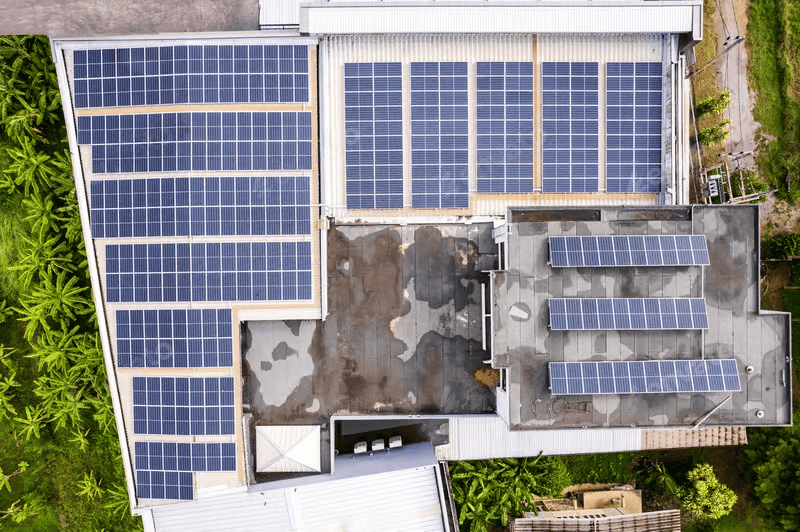In the early days of solar energy and the use of solar panels in residential applications, one of the primary concerns voiced by homeowners was the life expectancy of the panels. Even the visionaries who were ready to commit to this cutting-edge tech in spite of its short lifetime were concerned by the amount of care and maintenance required to keep the system functioning. Fortunately, as the technology has been refined and significant advances achieved, Solar Group is happy to report that the life expectancy of the typical solar panel is now around 25 years or more. And the care required to keep the system operational is but a fraction of the outdated requirements.
Are Today’s Solar Panels High-Maintenance?
Even by today’s standard of set it and forget it technology, solar panels are not difficult or time consuming to maintain. Ideally, your panels are installed at an angle that eliminates a significant amount of care in removing litter, such as leaves or other natural debris that could settle onto a solar panel that is installed parallel to the ground. In addition, you might need to think about monitoring tree growth if the canopy of a large tree could increase in size and overhand the solar panels. However, maintenance should only be done on an annual basis or less.
Cleaning the actual solar panel is recommended roughly two to four times per year. The frequency will be determined by the environment, dust in the air that can collect on the panels, and the regularity of rainfall, which helps keep the dust issue to a minimum. The actual cleaning is as simple as cleaning your home’s windows. It can be done from the ground with a soft brush attached to a long handle and some non-abrasive cleaner. Be sure to clean in the morning before the panels increase in temperature due to the sunlight. Using cold water on a hot solar panel can result in damage not covered under the warranty plan.
How Do I Know When To Clean My Solar Panels?
As you might have guessed, when solar panels get dirty or covered in dust, their energy production decreases. When you discover an unexplained decrease in the production of the panels, it is time to take a look at them to see if they have gotten dirty, are littered with debris, or there is something blocking the the sunlight from them. Most systems include a feature that monitors the production of the panels, which can be viewed in an app to know when the efficiency is decreasing and when it is time to examine the panels.

